This article was co-authored by Courtney Copriviza. Courtney Copriviza is an Elementary School Teacher based in Maui, HI. Courtney specializes in elementary education, classroom management, and social and emotional development. She holds a BA in Communication with a minor in Urban Education and an MA in Teaching from Santa Clara University. Courtney has also taught high school in Madrid, Spain. She is a member of Kappa Delta Pi International Honors Society in Education.
There are 12 references cited in this article, which can be found at the bottom of the page.
This article has been viewed 51,967 times.
If you have a master's degree and you want to teach, you're in luck. You have several opportunities available to you. Without a teaching certificate, you can still teach as an adjunct professor or even as a teacher in a K-12 public school, if you're in an area that needs teachers. You can also take advantage of other opportunities, such as Teach for America or teaching English in another country.
Steps
Teaching College with a Master's Degree
-
1Look for jobs on websites at your local community colleges and trade schools. You can also apply for adjunct positions at 4-year colleges. When you teach with a master's degree, you'll need to apply for jobs that are in your field. For instance, if your master's degree is in literature, apply for a job teaching composition. If your degree is in biology, apply for a job in the science department.[1]
- Most community colleges are constantly looking for a new pool of adjuncts, so you can apply any time of year.
- A Master's degree may help you get a higher salary.[2]
-
2Begin with continuing education courses. If you don't have much teaching experience, continuing ed is a good place to start because these are non-credit courses. Colleges are more willing to take a chance on you for these classes. Once you gain some experience, you can move over to for-credit courses.[3]Advertisement
-
3Apply for an adjunct position before a full-time position. When first applying to become a teacher at a college, apply for an adjunct position first. Adjunct positions usually only require you to have a master's degree, while the college will usually want you to have a PhD for a full-time position. You'll have a better chance of landing an adjunct position with just a master's degree, and you may be able to work up to a full-time faculty position later.[4]
-
4Highlight teaching-related skills. When you apply for a position, use your application to show off the skills you have related to teaching. Even if you haven't taught before, you likely have relevant skills you can highlight on your resume. Use any skill you have to stand out from the crowd.[5]
- For instance, if you have been responsible for training other employees, that's a skill related to teaching. Similarly, leading seminars or business meetings is relevant, as well.
- Also, highlight things that show you know your field well, such as your degree. For an adjunct position, you don't need to play up your publications. They're hiring you for what you know, not what you've published.[6]
-
5Use who you know. If at all possible, use any contacts you have at the school to gain an "in." Ask if they'll mention you to the person who hires adjuncts, so your name will already have positive associations when you apply. For instance, maybe someone you went to school with now works at a nearby community college and can put in a good word for you.[7]
- If you don't know anyone at the school, find the person in your department who hires adjuncts by researching online. Cold call the person. All you need to say is that you're interested in adjunct work, and you'd like to come by and drop off your CV. Basically, you want to meet the person so you're solidified in their brain.
Teaching Public School with a Master's Degree
-
1Look for teacher shortages. If you don't have a teaching certificate, your best bet is finding a school district that has teacher shortages. In that case, they usually start issuing emergency permits as long as you have a degree in a specific area. Unfortunately, these districts are often the ones that pay the least, but choosing one of them can be a way to get into the field without getting certification first.
-
2Apply for emergency permit positions in your field. Once you've found a school district with shortages, look for positions that allow emergency permits. Apply for positions related to your degree; most districts will only allow you to teach in a field you have studied.[8]
- Often, it will list in the job description that the school will take anyone with a bachelor's degree.
-
3Request an emergency permit or license. Once you've applied, you'll receive an emergency permit or license. The district should issue you one after you've been hired on. Generally, these are only good until the end of the year, when they may or may not be renewed by the school district.[9]
-
4Work on your certification. If you want to continue teaching, it's best to start working on your teaching certification as soon as possible. Many school districts offer alternative routes to certification for career changers, so ask how you can get your certification in your area.[10]
- For instance, your district may have a mentor program with training to help you gain your certification.[11]
Pursuing Other Avenues of Teaching
-
1Teach English as a Second Language in another country. One career you can pursue with a master's degree is teaching English in a foreign country. Many programs will pay you to live in another country and assist you with things like obtaining a proper visa.[12]
- Begin by deciding what country you want to teach in, and then look for reputable programs in that area, such as the JET program for Japan.
- Some countries will take any kind of master's degree, while others prefer a language or literature degree with a TESOL certificate. TESOL stands for "teaching English to speakers of other languages." Many schools offer this certification.
-
2Apply to Teach for America. Teach for America is a program under AmeriCorps that takes qualified graduates. You commit to teach for 2 years at a troubled urban school. The goal is to help bridge the education gap caused by economic disparities in the education system. You only need a bachelor's degree to teach, but a master's degree will give you an additional edge.[13]
- You apply for this program on the Teach for America website at https://www.teachforamerica.org/user/register.
- As a teacher with this program, you will be employed by the school system and paid according to their salary levels.
-
3Consider a charter or private school. If you don't have certification, you may be able to find work at a charter school. Many states do require certification for charter schools, but it does depend on the state. Also, the school can apply for a waiver for qualified teachers, and a master's degree will likely show you are more qualified than most. Similarly, many private schools don't require certification.[14]
Expert Q&A
-
QuestionIs a Master's degree required to teach?
 Courtney CoprivizaCourtney Copriviza is an Elementary School Teacher based in Maui, HI. Courtney specializes in elementary education, classroom management, and social and emotional development. She holds a BA in Communication with a minor in Urban Education and an MA in Teaching from Santa Clara University. Courtney has also taught high school in Madrid, Spain. She is a member of Kappa Delta Pi International Honors Society in Education.
Courtney CoprivizaCourtney Copriviza is an Elementary School Teacher based in Maui, HI. Courtney specializes in elementary education, classroom management, and social and emotional development. She holds a BA in Communication with a minor in Urban Education and an MA in Teaching from Santa Clara University. Courtney has also taught high school in Madrid, Spain. She is a member of Kappa Delta Pi International Honors Society in Education.
Elementary School Teacher No, you don't need a Master's degree to be a teacher. However, it does give you a bump in pay.
No, you don't need a Master's degree to be a teacher. However, it does give you a bump in pay. -
QuestionHow can you get your masters while teaching?
 Courtney CoprivizaCourtney Copriviza is an Elementary School Teacher based in Maui, HI. Courtney specializes in elementary education, classroom management, and social and emotional development. She holds a BA in Communication with a minor in Urban Education and an MA in Teaching from Santa Clara University. Courtney has also taught high school in Madrid, Spain. She is a member of Kappa Delta Pi International Honors Society in Education.
Courtney CoprivizaCourtney Copriviza is an Elementary School Teacher based in Maui, HI. Courtney specializes in elementary education, classroom management, and social and emotional development. She holds a BA in Communication with a minor in Urban Education and an MA in Teaching from Santa Clara University. Courtney has also taught high school in Madrid, Spain. She is a member of Kappa Delta Pi International Honors Society in Education.
Elementary School Teacher Night class and online class are possible options. In fact, a lot of people work toward their Master's while they're in their first, second, or third year of teaching.
Night class and online class are possible options. In fact, a lot of people work toward their Master's while they're in their first, second, or third year of teaching. -
QuestionI am Kenyan and currently unemployed. I have a master's degree in IT, can I get a job teaching IT in the U.S.?
 Jenna.dfgCommunity AnswerAmerican schools are divided into two major categories - public, or government run, and private. Public schools in any U.S. state will require that you have a teaching certificate/credential to teach, which is essentially a license. Most states require that you have attended an approved teacher training program to get this license. Private schools in many states do not require a certificate/credential. So, you may be eligible to teach at a US-based private school with your master's degree.
Jenna.dfgCommunity AnswerAmerican schools are divided into two major categories - public, or government run, and private. Public schools in any U.S. state will require that you have a teaching certificate/credential to teach, which is essentially a license. Most states require that you have attended an approved teacher training program to get this license. Private schools in many states do not require a certificate/credential. So, you may be eligible to teach at a US-based private school with your master's degree.
References
- ↑ http://www.teachingdegree.org/types-of-teachers/higher-education/
- ↑ Courtney Copriviza. Elementary School Teacher. Expert Interview. 18 June 2021.
- ↑ https://www.higheredjobs.com/articles/articleDisplay.cfm?ID=525
- ↑ https://education.cu-portland.edu/blog/teaching-careers/community-college-teacher/
- ↑ https://www.higheredjobs.com/articles/articleDisplay.cfm?ID=525
- ↑ https://www.chronicle.com/article/Getting-Started-as-an-Adjunct/46199
- ↑ https://www.chronicle.com/article/Getting-Started-as-an-Adjunct/46199
- ↑ http://www.k12.wa.us/certification/teacher/Limited.aspx
- ↑ http://www.education.pa.gov/Teachers%20-%20Administrators/Certifications/Pennsylvania%20Certification/Pages/Emergency-Permits.aspx#tab-1
- ↑ http://pathway.pesb.wa.gov/future-educators/alternative-routes
- ↑ http://pathway.pesb.wa.gov/future-educators/alternative-routes/route-descriptions
- ↑ https://www.oxfordseminars.com/blog/teaching-english-abroad-with-a-masters-degree/
- ↑ https://www.teachforamerica.org/join-tfa/leading-classroom/salary-benefits-aid
- ↑ http://ecs.force.com/mbdata/mbquestNB2?rep=CS1425
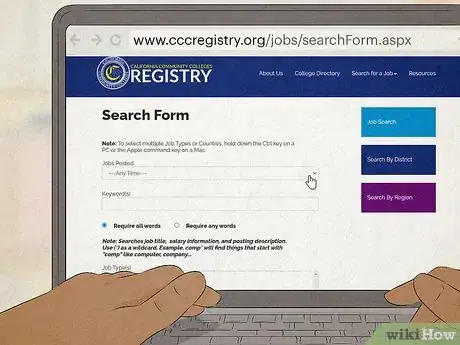

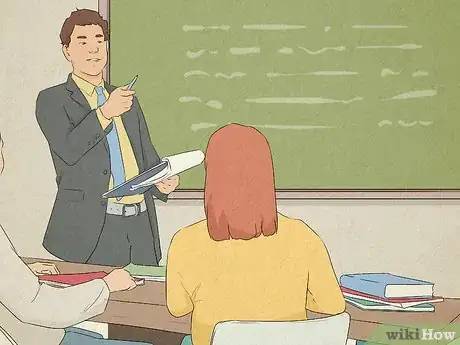
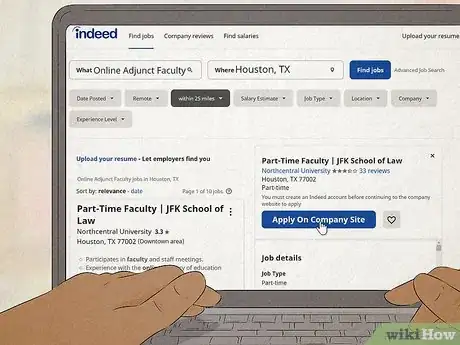
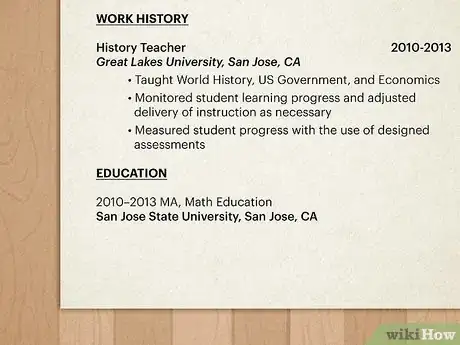


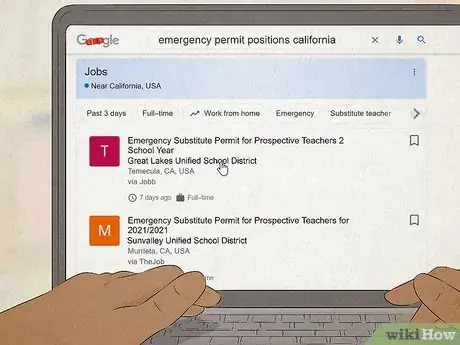
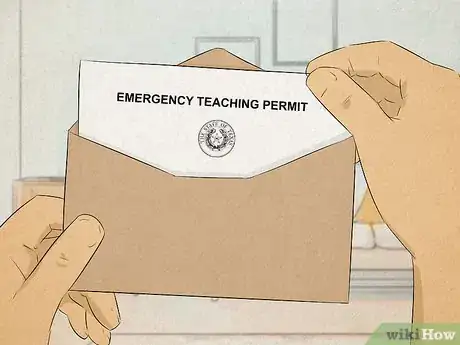
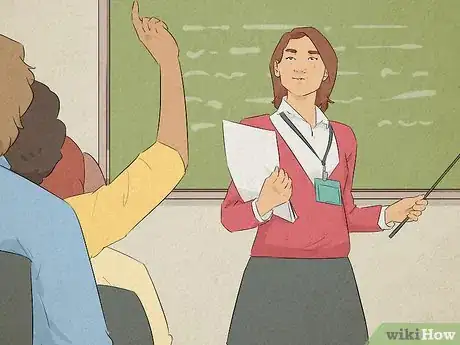
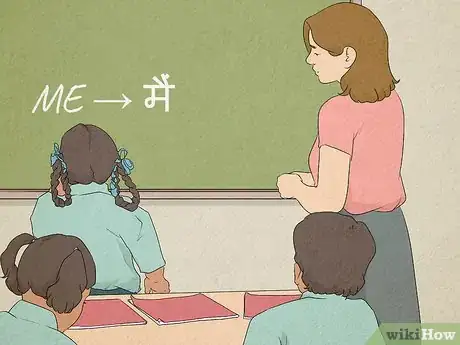
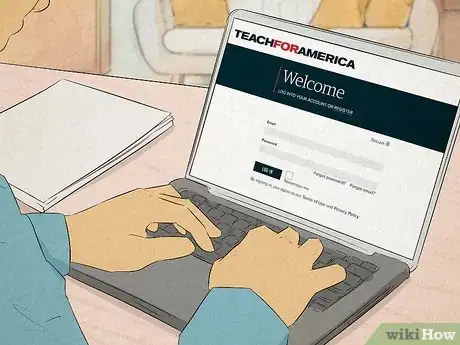

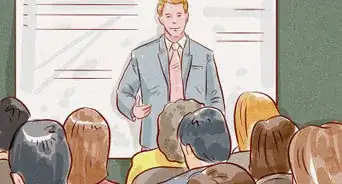




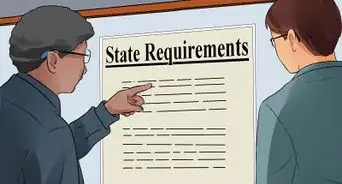




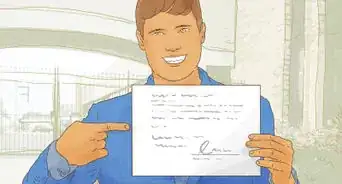
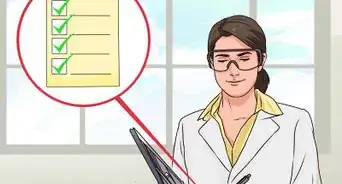

-Step-13.webp)












































